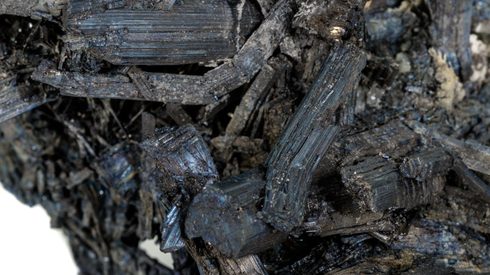Glenstrata, X-Core, Davenberg, Mivan? Whatever the result of the Glencore-Xstrata merger is to be called, finding a name is an inevitable step after the IPO.
Let’s not forget that Xstrata started life as a spinoff of various assets from Glencore, and the latter has always retained a substantial shareholding.
Given that the trader has always – at least, as it has developed over the years – had an interested finger in the miner/producer pie, we should not be surprised that it sees the future as involving a merger with its mature offspring.
The industrial logic looks impeccable: a major mining house, combining with the world’s most powerful commodities sales and marketing organisation. That should be a winner, because the two things fit so naturally together.
Concentrate on your strength
I’ve said before that my view is that mining houses should concentrate on what they do well – namely, digging holes in the ground and turning the dirt they get out into a saleable product.
I don’t go along with the view that the miner should also be a marketer, and run expensive sales networks throughout the consumer world. That’s why I have long been an advocate of miners making direct sales to the LME: let them do their real job, and take the secure, Exchange payment terms.
What this merger offers, though, is somewhat different.
Glencore already has unrivalled (pace Trafigura) strength in delivering raw materials to consumers. That’s why it has been so successful. So to bolt that ready-made skill – as opposed to miners trying to develop an alien skill – onto a major mining house already sounds like a recipe for success.
Merger of equals?
There are a few wrinkles, though, not least concerning the price at which a merger would go ahead.
The story is that it is intended to be a merger of equals; in other words, no premium will be paid by either side.
This seems to have stirred up some of Xstrata’s institutional shareholders, who are suggesting that the Xstrata side should receive a premium, on the basis that the quality of Xstrata’s earnings is superior to that of Glencore’s.
At first glance, that might sound reasonable. After all, Xstrata owns lots of reserves, mining permits, extraction equipment and so on, all of which looks very solid and is definitely tangible. Investors can go and look at what they, as shareholders, own.
Glencore, meanwhile, although it too has substantial production holdings, seems a bit more ephemeral. To buy into the Glencore story, you have to believe in the influence of traders, the ability to take margins out of the middle of a trade – to rely on nimble-minded individuals, rather than big, solid mineral deposits.
But is that actually a fair assessment? In fact, Glencore’s record speaks largely for itself. It has demonstrated an ability to generate profits over several business cycles since its origin as Marc Rich.
Earnings always robust
And surely that’s a significant point: Glencore’s earnings have been robust at, effectively, all parts of the business cycle. In other words, it has the skill to generate substantial earnings even in times of slack commodity prices.
But the mining houses, with heavy fixed costs, don’t actually perform very well in times of low prices – as we all know.
So it seems to me that, rather than Glencore dragging the quality of Xstrata’s earnings down, what will in fact be the case is that in bad times the more light-footed trading and marketing element of the new conglomerate will serve to support mining’s tough times.
Of course, if you believe that commodity prices can only go up, then you probably won’t buy into that argument.
But then, if you really believe there is only upside, whether or not you agree with me is probably the least of your problems.






